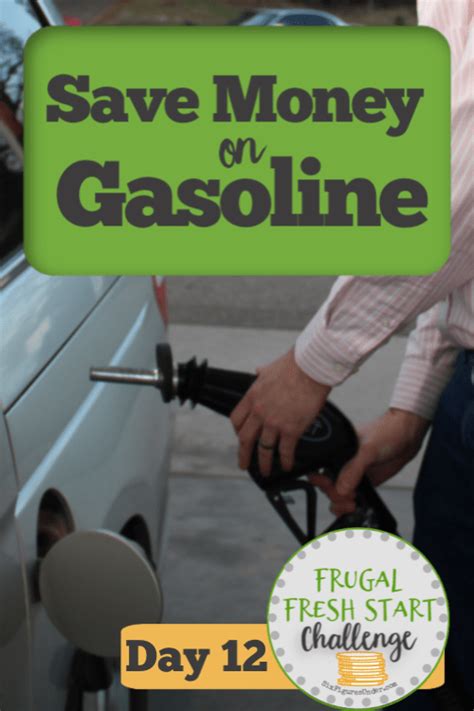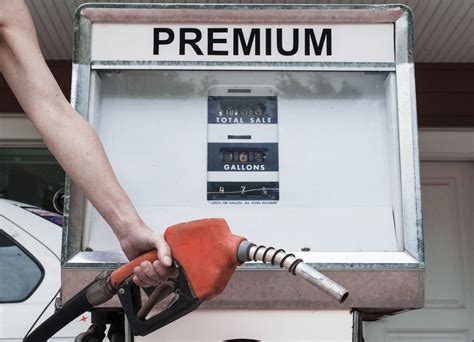Demystifying the Premium Fuel Debate
For many car owners, the decision at the pump often comes down to a choice between regular and premium gasoline. The higher price tag of premium fuel can make one pause, prompting the question: Is this extra expense genuinely benefiting my vehicle, or am I just falling for clever marketing? Understanding the science behind fuel and your car’s specific requirements is key to making an informed decision.
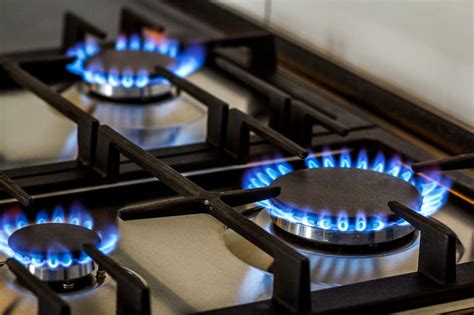
What Exactly is Premium Gasoline?
The primary difference between regular and premium gasoline lies in their octane rating. Regular unleaded typically has an octane rating of 87, while premium often ranges from 91 to 93. Octane is a measure of a fuel’s resistance to pre-ignition or “knocking” (also known as pinging). Engine knocking occurs when the air-fuel mixture ignites prematurely, out of sync with the spark plug, which can damage an engine over time.
Higher octane fuel is more stable and less prone to spontaneous combustion under the high compression found in certain engines. It doesn’t contain more energy, improve fuel economy, or clean your engine better than regular fuel designed for your car; its sole purpose is to prevent pre-ignition.
Does Your Car Actually Need Premium Fuel?
The definitive answer to this question can be found in your car’s owner’s manual or on the inside of your fuel filler door. Vehicles are designed by manufacturers to run optimally on a specific octane level. Cars that require premium fuel typically have high-compression engines, turbochargers, or superchargers. These engines operate under conditions that would cause lower-octane fuel to pre-ignite, leading to knocking and potential engine damage.
If your car’s manufacturer specifies “premium fuel required,” using regular unleaded could lead to reduced performance, decreased fuel efficiency, and long-term engine issues. Modern cars often have knock sensors that will retard timing to compensate for lower octane, but this comes at the cost of optimal performance and efficiency.
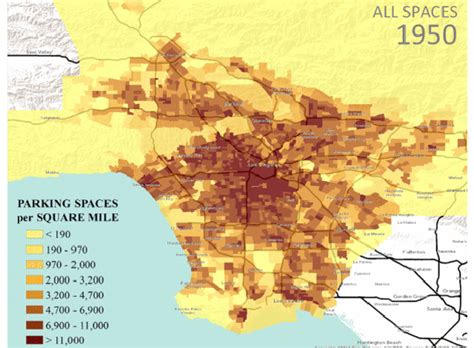
The Myth of ‘Better’ Performance for All Cars
Conversely, if your car is designed to run on regular 87-octane fuel, putting premium gasoline in it will yield absolutely no benefit. It will not increase horsepower, improve acceleration, enhance fuel economy, or extend the engine’s life. You are simply paying more for an octane level your engine doesn’t need and isn’t designed to take advantage of. It’s a common misconception that premium fuel is somehow “purer” or has special additives; while all gasolines contain detergents to keep injectors clean, the base quality is consistent across octane levels within a brand.
Many drivers report a “better feel” after using premium gas in a regular-fuel vehicle, but this is largely psychological. The engine management system in such vehicles is optimized for regular fuel and cannot unlock any latent potential from higher octane. Any perceived improvement is likely a placebo effect.
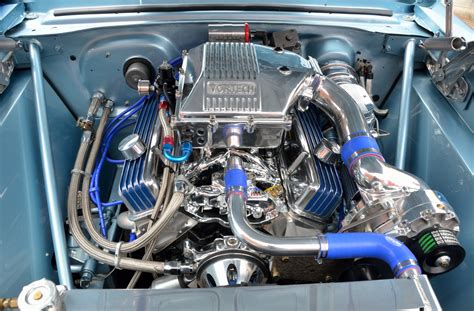
When to Consider Premium (and When Not To)
- Use Premium If: Your owner’s manual explicitly states “premium fuel required” or “91+ octane only.” This usually applies to high-performance sports cars, luxury vehicles, or cars with forced induction (turbochargers/superchargers).
- Avoid Premium If: Your owner’s manual states “regular fuel recommended” or “87 octane.” You’d be throwing money away with no tangible benefit.
- “Premium Recommended”: Some manuals might say “premium recommended” but not “required.” In these cases, the engine can safely run on regular, but you might experience a very slight decrease in maximum performance under extreme conditions (e.g., towing heavy loads in hot weather). For most daily driving, regular is perfectly fine and more economical.
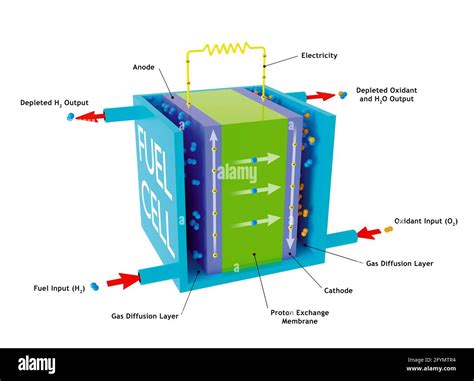
The Bottom Line: Save Your Money
Ultimately, the choice of fuel should be dictated by your vehicle’s engineering, not by perceived notions of quality or performance. For the vast majority of vehicles on the road, regular 87-octane gasoline is precisely what the manufacturer intended, providing the optimal balance of performance, efficiency, and cost.
Unless your car specifically requires premium fuel, stick with regular and enjoy the savings. Those extra dollars at the pump add up, and they could be better spent on routine maintenance, car washes, or even a nice cup of coffee.
